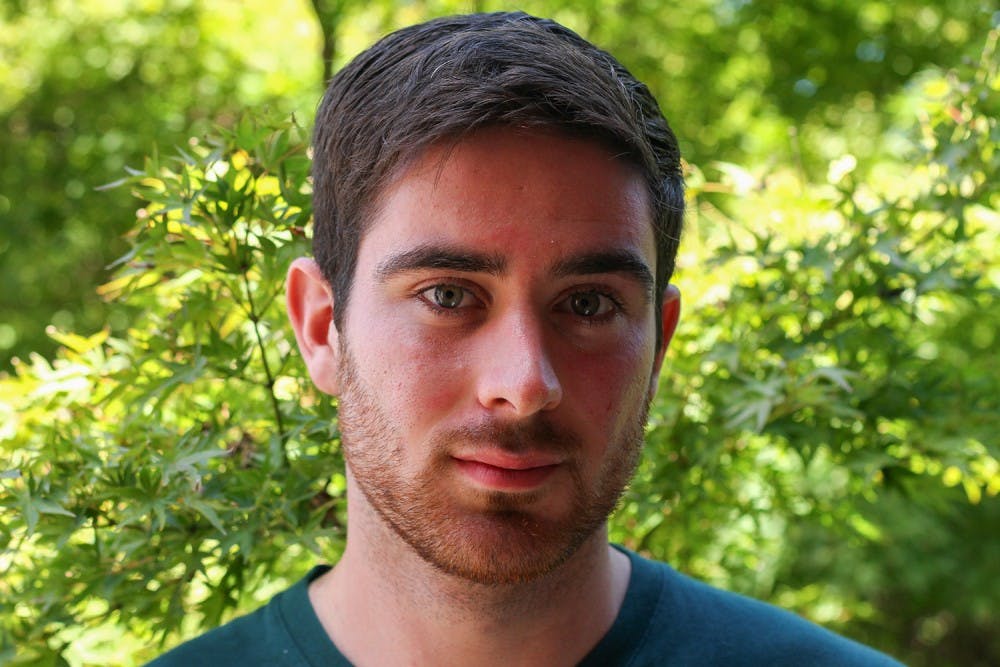I never felt like more than a particularly knowledgeable tourist during the four months I spent in Paris last spring as an exchange student. But to read Wednesday morning that the attacks in Paris took place mere blocks from my apartment in the Marais was jarring nonetheless.
Still, this is more about my connection to journalism than my connection to Paris. I’m now having to wonder: Is it worth being provocative and nosey — a journalist, in other words — if the penalties can be so severe?
Twelve people were killed Wednesday by terrorists identifying themselves as Islamists at the offices of Charlie Hebdo, a French weekly known for taking jabs at Islamic extremism, among other things. Among the dead are the magazine’s editor and several cartoonists.
The French media, as I experienced it, rarely shies away from the opportunity to speak truth to power, despite its lack of emphasis on what we value as “objectivity.”
Of course, bad journalism exists everywhere, and the tendencies that make the French media so dynamic can be ruinous in excess. I also understand that Charlie Hebdo, has, unfortunately, published its share of questionable material that could be called irreverent at best.
But other journalists have suffered the same fate in pursuit of far more straight-laced reportage, and when it comes to terrorism, there can be no distinction made among the deservedness of victims’ fates.
It’s unlikely I’ll find myself in a life-threatening situation on account of my profession, but the threats faced by some reporters can have chilling effects upon newsrooms everywhere, no matter how remote the threat of terrorism seems.
In the aftermath of Wednesday’s shootings, it is the responsibility of the journalists out of harm’s way to fight that instinct and to take on the burdens of controversy — to make points where they must be made and not equate objectivity with voicelessness — before those burdens become too heavy for the endangered to bear alone.



